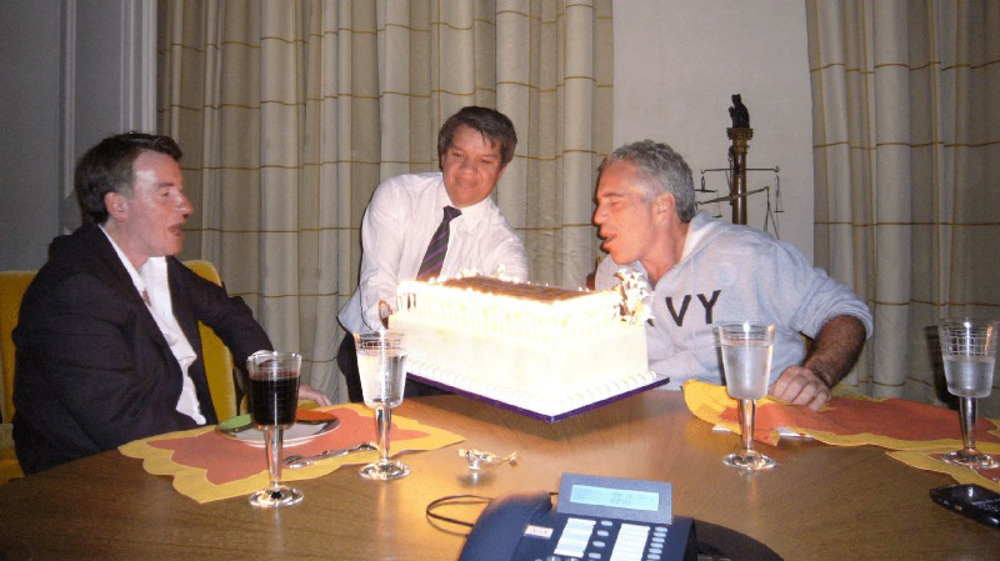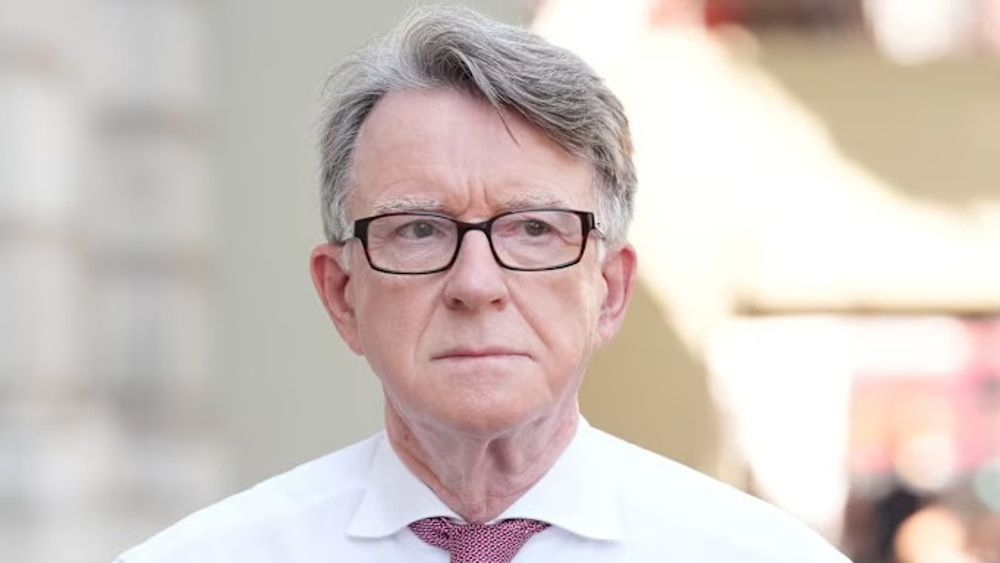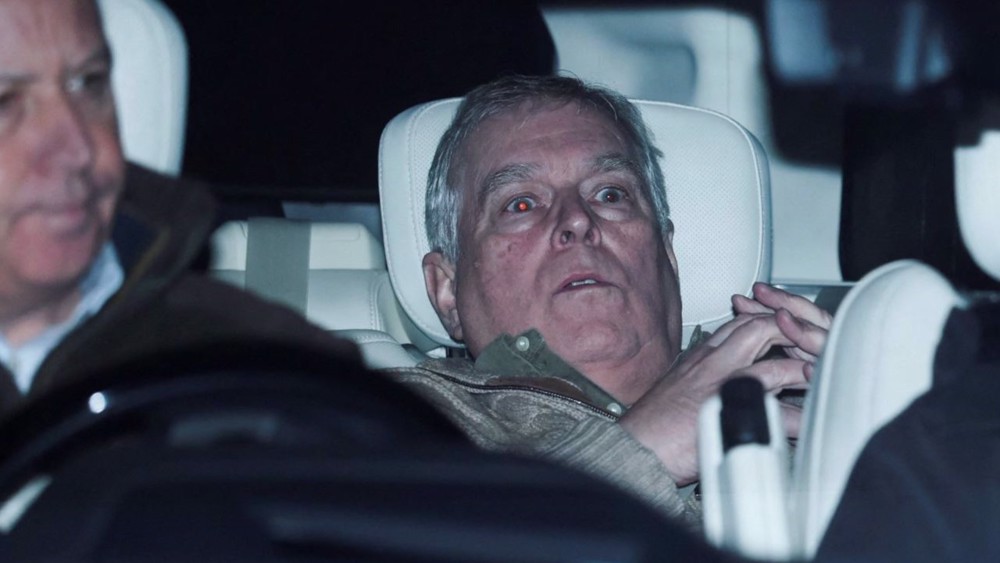Anti-racism protests target symbols of racism and colonialism across the UK
Demonstrations are continuing across the UK both in protest at institutionalized racism in the UK and in a show solidarity with massive nation-wide marches across the Atlantic in the United States.
The latest protests come after a day of large protests in five major British cities, some of which turned violent after heavy-handed police interventions.
In the latest demonstrations, protesters have turned their attention to historical symbols of racism and colonialism in town squares and city centers across Britain.
In an act rich with symbolism protesters in the southwestern English city of Bristol tore down the statute of a prominent 17th century slave trader, Edward Colston, in the city center.
Anti-racism campaigners in the UK have long complained of the prominent display of statues depicting problematic historical figures – many of whom were intimately involved in the machinery of slavery and colonialism – in addition to street names recorded in their memory across Britain.
For the second day running, British political and security officials have tried to dissuade people from protesting on public health grounds related to the COVID-19 pandemic.
The Metropolitan Police Commissioner, Cressida Dick, who yesterday called protests “unlawful”, softened her tone slightly today by advising protesters “to find another way” to make their views heard.
Meanwhile, health secretary, Matt Hancock, has claimed that the recent protests run the risk of increasing coronavirus infections.
Speaking to Sky News’ Sophy Ridge on Sunday show, Hancock said: “Gathering in large groups is temporarily against the rules precisely because it increases the risk of the spread of this virus”.
But the “advice” of government ministers and police officials is falling on deaf ears as evidenced by the large crows forming this afternoon outside the US Embassy in Nine Elms, near Vauxhall, south London.
Reports are also coming in of large protests in Manchester, Nottingham and Edinburgh.
Iraq's First Lady urges US to 'leave the Kurds alone'
Iranian Army vows revenge after 'cowardly attack' by US Navy on Frigate Dena
Iran carries out 20th wave of Op. True Promise 4 against Zionist entity, US bases
Araghchi to Trump: Plan A of military victory failed, Plan B will be 'bigger failure'
USS Abraham Lincoln flees after precision strike by IRGC drones in Sea of Oman
Yemen signals readiness for unified front with Iran against US-Israeli war coalition
Iran’s Army and IRGC destroy seven more Hermes, MQ-9 drones in retaliatory ops
'Iran no place for Hell dwellers': Iran’s security chief warns against ground offensive











 This makes it easy to access the Press TV website
This makes it easy to access the Press TV website